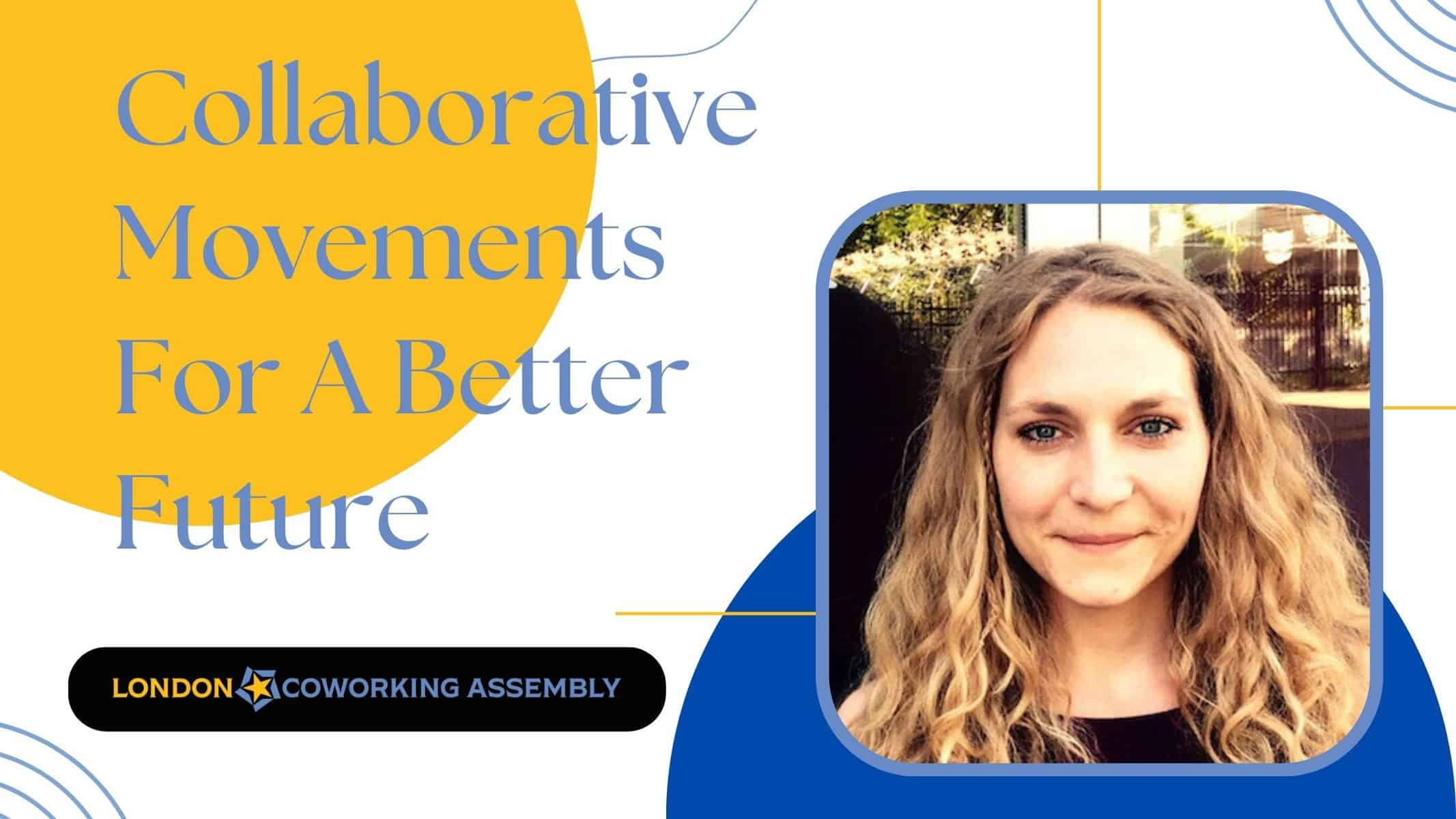“Inclusion, Diversity, Equity, and Accessibility are essential elements of collaborative movements. It’s like the foundation for all operations… It doesn’t make sense to me, other than for it to be seen as a blueprint for humanity”
When asked what inclusion and diversity mean to her, Ashley Proctor, a global coworking movement leader, activist, and advocate, responded.
She also adds that she thinks of this in such a big picture way, that all of these smaller elements, the initiatives that everyone takes to improve, are all essential in an ongoing effort.
Growing up surrounded by a caring community
Ashley recalls her parents caring deeply about their neighbourhood, working on collaborative service projects, and treating everyone in the community with respect as she grew up. And as a teenager, she also connected with the anger, disillusionment, and frustration she felt with modern systems and how they were governed.
This led to a lifetime of direct action, activism, and lobbying, beginning at college, where she was a natural problem solver and early entrepreneur. Moving to a large metropolis exposed her to hundreds of other perspectives, cultures, religions, and backgrounds, inspiring her to seek even more knowledge.
She says that it is energising to be in community with other organisers and activists working for justice, out in the streets, and inside City Hall. People who took direct action inspired Ashley to become more involved in systems change as a social entrepreneur.
Taking direct actions
Ashley wishes to see more people actively designing the future we want, creating brave and safe spaces to address these concerns, and partnering with our neighbours. She also wants to see people get involved, first by speaking up (if they can safely) and then also by taking an action to keep the momentum going. Stepping up could even include stepping aside, and making place for new leadership, for mentorship possibilities, for reverse mentorship, as well as truly listening to and engaging the youth. They are the future leaders.
Finally, Ashley believes that philanthropic culture needs to evolve towards an alignment in solidarity, in which we change our perspectives from helping those in need to building strong and resilient systems of support for everyone. This is a fantastic opportunity to disrupt the status quo and rebuild in a fresh way.
People must believe that their activities matter, and focus on their own commitments and accountability. They must also prioritise Indigenous rights, land ownership and stewardship. We must engage with youngsters to empower them and put their ideas and practises into action, even before they have power to make great changes themselves.
Collaborative movements through The Coworking IDEA Project
When asked what resources she recommends for learning about how people can take action – Ashley mentions The Coworking IDEA Project, an informal organisation dedicated to the inclusion, diversity, equity, and accessibility in the coworking movement.
The project is an excellent method to initiate discussions on race, gender equity, decolonization, and other important issues. It is adaptable and can be used by a coworking space, a small business, a growing team, an alliance, or a large company..
It serves as a reminder that these conversations need to be ongoing and that the work is never truly over. Ashley also iterates that we can bring that knowledge back to our local organisations and put it into action as we collaborate worldwide. It is all about our intention, taking the initiative, and having the courage to consistently practise our values.
Listen to the conversation here.

